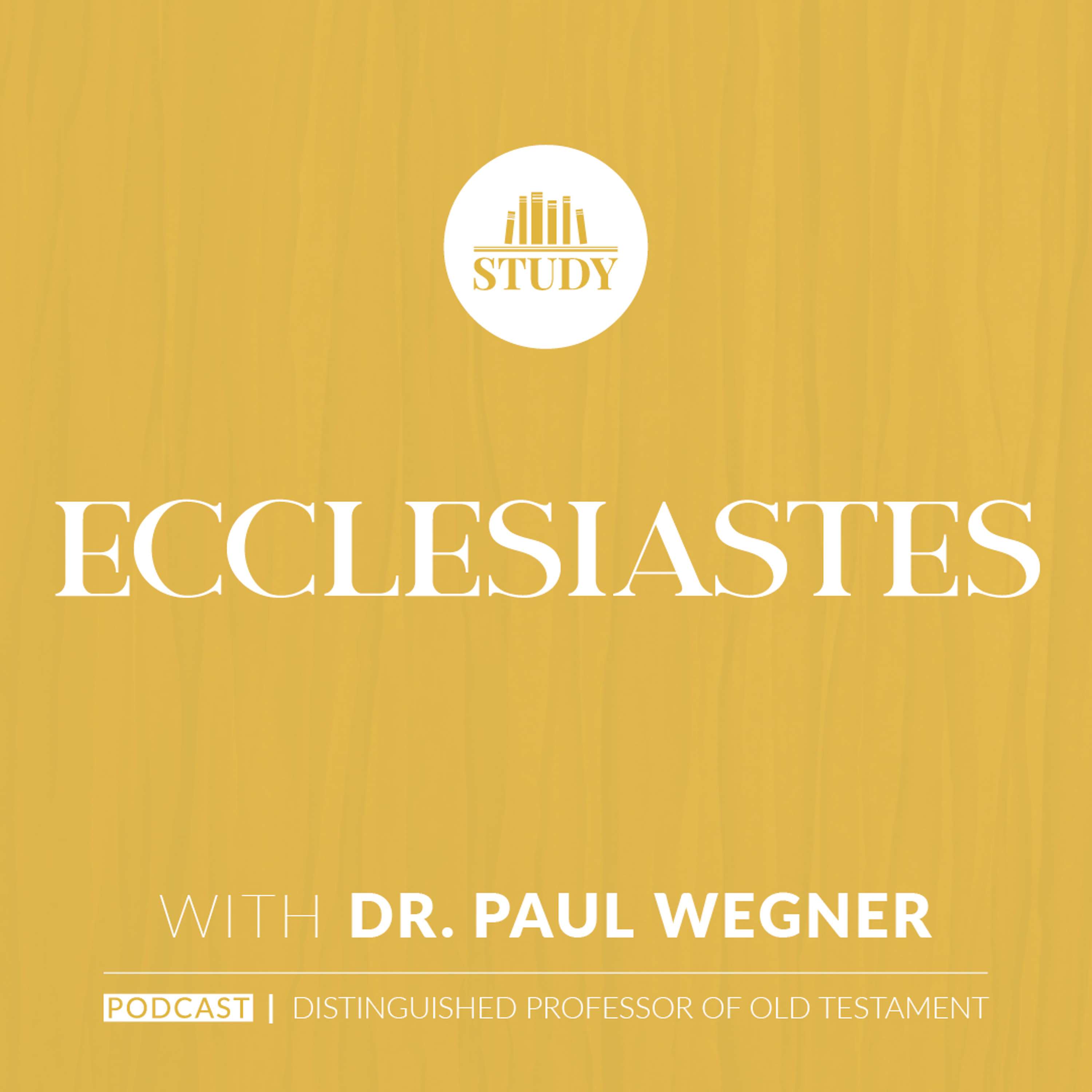Several phrases have been used by recent generations to describe personally sharing the gospel. These change as language evolves, culture shifts, and word usage adapts. Older evangelism training materials refer to sharing your faith as “personal work.” This phrase described the entire process of initiating a relationship with someone who needed to hear the gospel, sustaining the relationship by acts of service, continuing the witnessing dialogue over time, and praying for the person until they made a personal commitment to Jesus.
Another older description of sharing the gospel which has passed out of vogue is “soul winning.” That phrase comes from the proverb: “He that winneth souls is wise” (Pro. 11:30, KJV). This verse, in context, has a different purpose than defining evangelism. Nevertheless, the phrase “soul-winning” was once a very popular description of personal witnessing.
One assumption associated with this phrase is the reason its use has faded. The concept of “soul winning” carries with it the idea of persuasion, a huge turn-off for some Christians today. They wrongly assume persuasion implies putting the hard sell on people to get them to profess faith in Jesus. It also suggests manipulation to some; keeping score to others. Some consider it religiously intolerant or spiritually oppressive to try to “win” someone to any religious faith. Except for a few people who emphasize apologetics and debate the gospel with detractors, many believers resist the idea of persuading another person to commit themselves to Jesus. The Bible contradicts these conclusions when it advises, “since we know the fear of the Lord, we try to persuade people…We plead on Christ’s behalf: ‘Be reconciled to God’” (2 Cor. 5:11, 20). Nevertheless, Christians who share the gospel are seldom called “soul winners” much anymore.
While moving away from these phrases, contemporary leaders have coined new ways to describe sharing the gospel. One of these is “lifestyle evangelism.” The emphasis in this phrase is sharing the gospel as a way of life, as part of your regular routine. This requires believers to seize opportunities to share the gospel in daily venues—at work, at the gym, in a coffee shop, in the bleachers at a ballgame, on a kids’ playdate, or on the golf course. Lifestyle evangelism emphasizes taking the gospel everywhere and reflects the biblical pattern of gospel sharing. If believers did this today, the gospel would once again penetrate every cultural nook and cranny. What is sometimes missing in this approach, however, is enough emphasis on the second word—evangelism. Living as a polite, faithful, caring Christian in the midst of unbelievers isn’t sufficient for communicating the gospel to them.
Some dispute this conclusion and claim the gospel can be communicated without words. They quote Jesus, “By this everyone will know that you are my disciples, if you love one another” (Jn. 13:35). Jesus definitely made that statement, but how does it relate to gospel sharing? It says unbelievers will know we are Christians by how we treat one another. It doesn’t say they will spontaneously conclude how to become a Christian by watching us. Lifestyle evangelism is a healthy way to describe sharing your faith—as long as the gospel message is communicated, not just modeled. How you live demonstrates gospel-authenticity in your Christian community. What you say tells an unbeliever how to become part of the family.
Another popular phrase for personal witnessing today is “gospel conversations.” This is another helpful way to describe sharing your faith as long as conversations lead to presentations. Gospel conversations must include more than spiritual discussions, theoretical questions, or even invitations to church events. They must ultimately include presenting the gospel and asking a person to profess faith in Jesus. Just like “lifestyle evangelism,” the phrase “gospel conversations” is a good way to understand personal witnessing as long as the ultimate goal is presenting the gospel, not just having nice religious chats.
While the terminology has changed over the years, a better way to saturate our world with the gospel has never been and never will be invented. Whether you are an old-school Christian who does personal work through soul winning or a contemporary believer who has gospel conversations while doing relational evangelism, you are part of God’s plan for sharing the gospel. The gospel has always been communicated most effectively when each and every believer is doing personal work to win souls while living authentic relationships and initiating gospel conversations.
Summer blogs are excerpted from my book “Shadow Christians: Making an impact when no one knows your name.”
Read More

“Faith is a tree known by its fruits”: The Gisle Johnson Project
The Gisle Johnson Project is a new research endeavor spearheaded by Robb Torseth

Excerpt — Towards a Clearer Understanding of Jonathan Edwards’s Biblical Typology: A Case Study in the ‘Blank Bible’
Dr. Cameron Schweitzer provides new insights into Jonathan Edwards’s often mischaracterized typology.
Listen
A Lifetime of Ministry
Minister Darren Logan joins Dr. Hopkins this week to speak on the effects of raising 8 children overseas and how it impacted their family. He also talks about the cultural differences in California even within the USA, and the importance of slowing down in your prepar

Wisdom Books | Ecclesiastes
A common misconception about the book of Ecclesiastes is that it is very pessimistic. In actual fact, there is great comfort throughout the book that while life without God is meaningless, there is great satisfaction found when we cling to the Lord, and only to Him.

Watch

Jonathan Edwards and the Asbury Revival
Chris Chun and Chris Woznicki discuss the signs of true revival, signs of the work of the Holy Spirit, and why it is important to critically assess the characteristics of revival in a spirit of charity.

Jonathan Edwards and the Baptists | Douglas Sweeney, Nathan Finn and Chris Chun
Dr. Douglas Sweeney and Dr. Nathan Finn joined Dr. Chris Chun for a panel discussion on Jonathan Edwards, recorded live at the SBC Annual Meeting in Anaheim.




